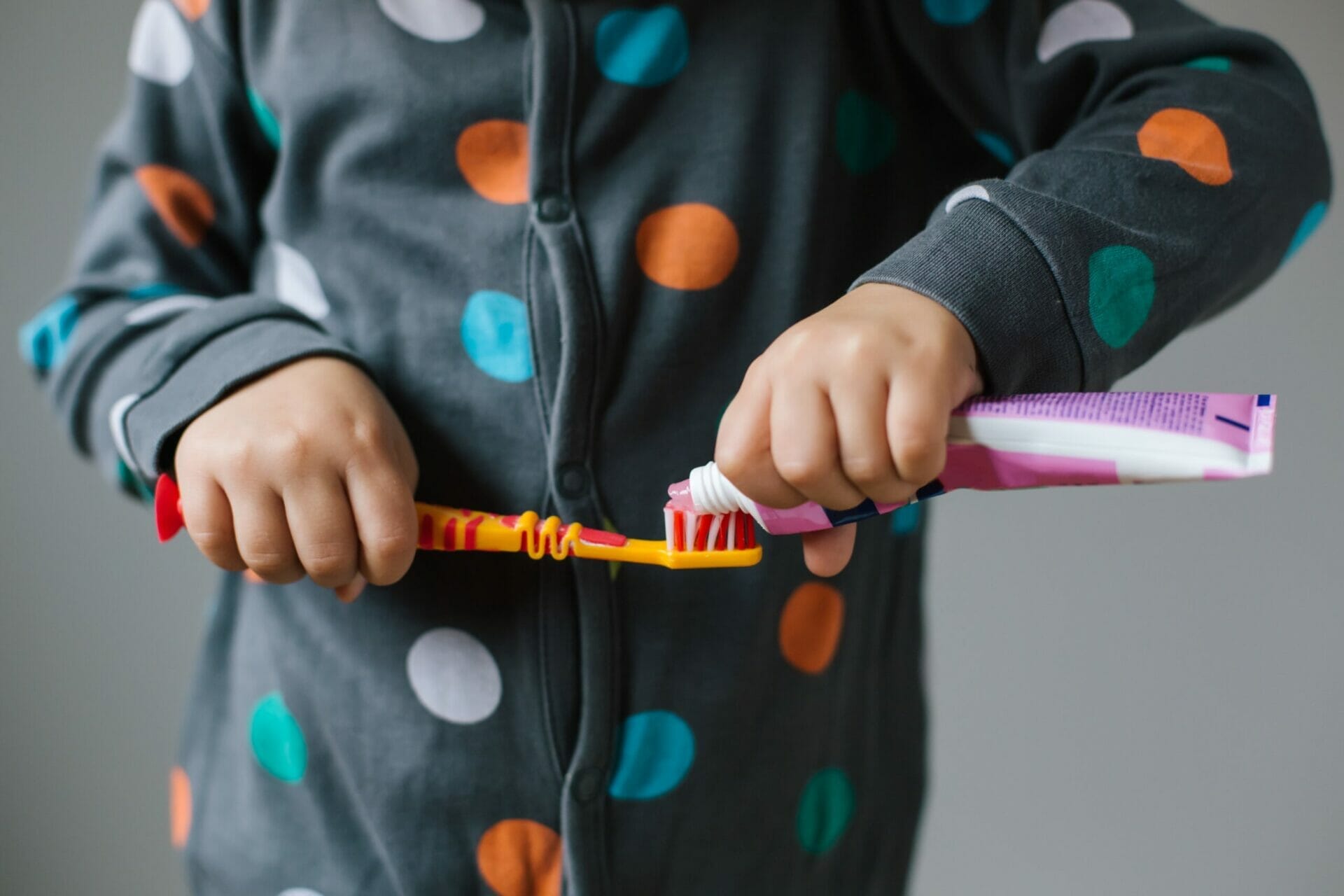
Brushing your teeth daily is the foundation of oral health. There are many people that don't floss or who floss irregularly. However, you'd be hard-pressed to find somebody that doesn't brush at least once a day. Brushing your teeth removes plaque from your teeth before it hardens into tartar. It also, provides you with fresh breath. Strategically, there are certain times when brushing gives you "more bang for your buck". Let's talk about this below!
First, let's understand why having a clean mouth is so important.
When we brush (and floss) adequately, we remove bacteria, plaque and even some tartar from around our teeth and gums. When left on teeth, bacteria digest plaque and produce acids that can cause cavities. Also, the bacteria and plaque combination can cause inflammation of the gums or "gingivitis". Now, you probably know most or all of this already.
What is less widely understood it what happens when you remove the plaque and bacteria from teeth and gums. When I ask patients about this, most say that "you don't get cavities". Basically, nothing bad happens. And, this is certainly correct. However, the benefits of a clean mouth go far beyond that. When the mouth is properly cleaned with brushing and flossing, regeneration and remineralization occur. If you have weak areas on your tooth, they can re-mineralize and strengthen when the mouth is clean. Gum inflammation can be resolved and regeneration can occur. It's pretty awesome stuff!
So, to extend this idea: if we have longer periods of "clean" inside the mouth we get more tooth strengthening and gum healing. It cannot be disputed!
Now let's look at when we can brush to maximize this healing effect.
If you brush your teeth regularly at night, then your morning brush provides you with fresh breath and little else. The morning brush can break up thick saliva and help to turnover damaged soft tissue as well. Additionally, morning brushing freshens your mouth but this is likely to last only a short time as we typically follow with coffee and food intake. If you brush in the morning after breakfast and don't eat or drink again 'til lunch, you might get 3 hours of regeneration time. That's still valuable. However, when I break down the time dynamics of night time brushing you will understand why a good brush before bed is so critically important!
Cleaning your teeth thoroughly by brushing (and flossing) before bed ensures that bacteria and contaminants are at a minimum in the mouth. Under these circumstances, the oral environment favors regeneration, re-mineralization, and healing! Weakened tooth enamel can absorb calcium from the saliva and re-mineralize. Red, swollen gums can heal. Most of us sleep anywhere between 6-10 hours at night. This gives us lots of potential for healing of enamel and gums each and every day.
The purpose of this article is not to dissuade you from brushing your teeth in the morning. It is targeted toward people who brush only once per day and choose the AM brush over a PM brush (usually based on the importance of "fresh breath"). Ideally, those brushing only once daily will make the jump to brushing twice. However, the ultimate take home message here is that brushing and flossing before bed is critically important to your oral health. It is what I call "prime time" for oral home care and regeneration. Therefore, it is important not only to brush before bed but to extend your brushing time where needed to increase cleanliness of the mouth. Doing so will minimize your risk of developing cavities that require treatment with dental fillings.
Those already brushing at bedtime can improve the quality of night time regeneration by making sure to brush for 2-3 minutes.
...And don't forget to floss!
Thank you for reading.
This article is intended to promote understanding of and knowledge about general oral health topics. It is not intended to be a substitute for professional advice, diagnosis or treatment. Always seek the advice of your Kitchener Dentist or other qualified healthcare provider with any questions you may have regarding a dental condition or treatment.
Services
Routine Dentistry & Tooth Repair
Oral Surgery & Tooth Removal
Prosthetic Dentistry & Tooth Replacement
Protective/Preventive Services
Teeth Whitening
Schedule an Appointment Now
